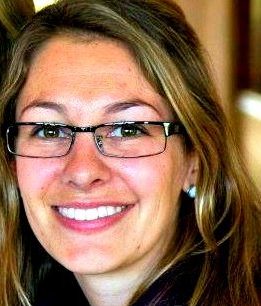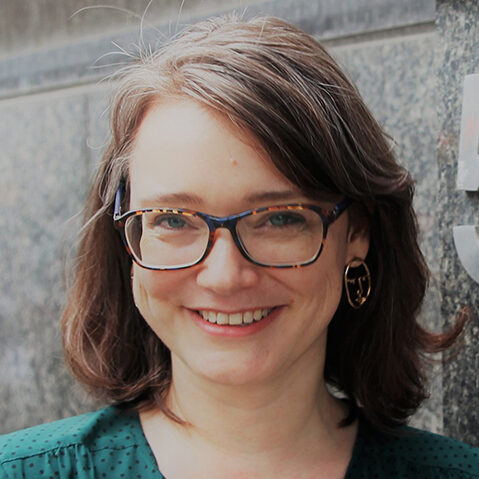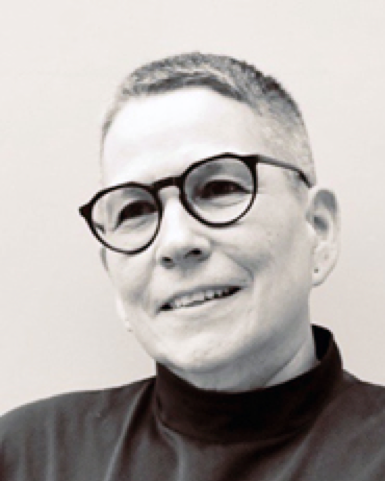
[tta_listen_btn listen_text=”Click to listen to this story” pause_text=”Pause” resume_text=”Resume” replay_text=”Replay” start_text=”Start” stop_text=”Stop”]
By Elaine Smith
York University’s Teaching Commons (TC), the office that provides leadership in the pursuit of engaged teaching practices centred on the student learning experience, is also a leader in fostering an awareness of how to incorporate a decolonization, equity, diversity and inclusion (DEDI) perspective into pedagogical practices.
As reflected by its statement of practice, the TC team has embraced equity, decolonization, diversity, inclusion and accommodation and continues to bring equity-informed pedagogy to York University faculty, introducing relevant ideas and practices through its workshops and courses.
“Since Ameera Ali, our educational developer, EDI, joined Teaching Commons in February 2022, we have been able to ramp up our support in this area, in alignment with York’s DEDI Strategy,” said Geneviève Maheux-Pelletier, director of Teaching Commons.



TC takes the responsibility for DEDI leadership seriously, as its activities demonstrate. Ali and fellow educational developer Robin Sutherland-Harris currently co-lead a DEDI in Teaching and Learning community of practice (CoP) with Jessica Vorstermans, an assistant professor in the Critical Disability Studies program. With online monthly meetings, it has about 130 members who participate as their schedules allow; it has also spawned a trauma-informed reading group. The CoP meetings are an opportunity for members to share what’s on their minds. This year, they plan to offer some in-person sessions, too.

TC held its first DEDI conference this past spring with the help of an Academic Innovation Fund grant, and during the past academic year, TC supported Susan Dion, associate vice-president Indigenous initiatives, in delivering Decolonizing the Academy, a course that discussed this shared responsibility, and what it means to decolonize teaching and learning from a pedagogical perspective.
“This course offered the opportunity for a lot of inner reflection and considering what people’s roles as settlers mean,” said Maheux-Pelletier. “Professor Dion was very generous to partner with us and we will be looking for ways to deliver this course in the future without making major demands on her time.”
This past summer, Ali and colleague Natasha May offered a course called Caring to Teach: Supporting Student Transitions Between Teaching and Learning Environments that helped instructors ease their students’ path between online learning and classroom studies.
“Caring to Teach focused on the pedagogy of care, kindness and belonging, and it was especially important as we moved to and from online courses,” said Maheux-Pelletier. “It reminds us that students are more than simply someone sitting in class, and the more attuned we are to them, the better we can help them to be fully present in the classroom.
“World events like the pandemic, the murderous attack on a Muslim family in London, Ont., and the University of Waterloo stabbing keep reminding us how vulnerable we are. If we’re not in a mental space to learn, it won’t happen.”
These ideas lead directly to TC’s new 10-part workshop series, Trauma-Informed Pedagogy, in collaboration with the Centre for Human Rights, Equity and Inclusion. The series grew out of inquiries during the pandemic from faculty who were wondering how to make the classroom a more inclusive space.
The workshops “will explore how trauma influences learning and how it manifests itself inside the classroom or elsewhere,” said Ali, who is leading the course along with Sutherland-Harris and Vorstermans.
The first five sessions, running this term, lay the foundation by examining what trauma is and who is affected by trauma, Ali noted. “The second five sessions, taking place during the winter term, discuss how we respond: the pedagogical strategies and techniques we can use.
“We’re bringing everyone to a common understanding of the subject and then giving them concreate strategies to use.”
Maheux-Pelletier underscores TC’s ongoing commitment to DEDI and willingness to lead the way.
“To me, there is no bulletproof approach,” she said, “but a commitment to the work is important, even if it is messy, imperfect and uncomfortable.”
